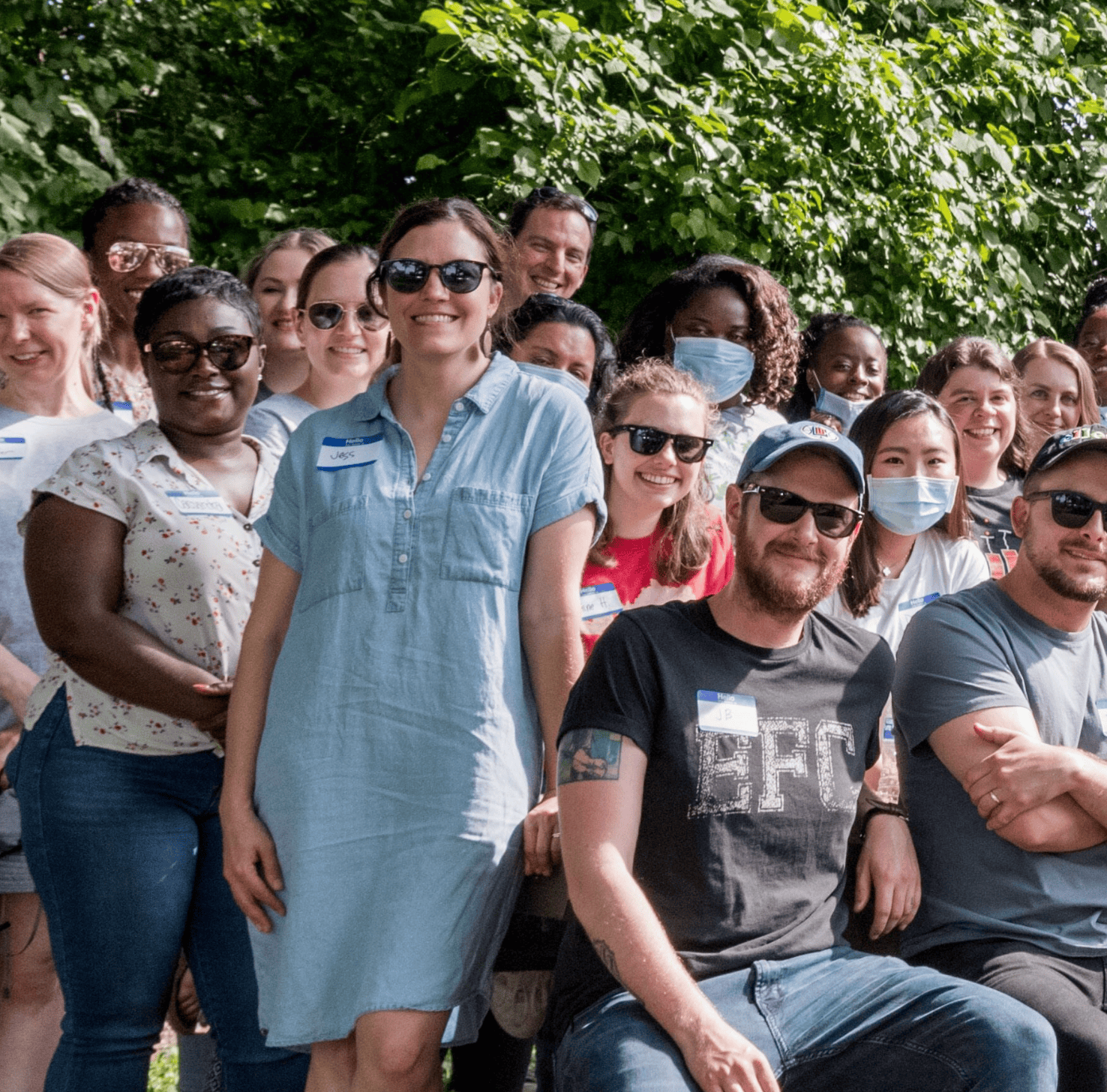By sharing stories, gathering data and research on best practices and lived experiences, and having strategic conversations with leaders and decision makers, we aim to elevate policies that strengthen and advance families, while illustrating policy barriers that hold families back.
Currently, Martha O’Bryan is leading advocacy efforts for a more equitable benefits system and to ensure all Tennesseans have access to the education and training needed to secure a good job.




